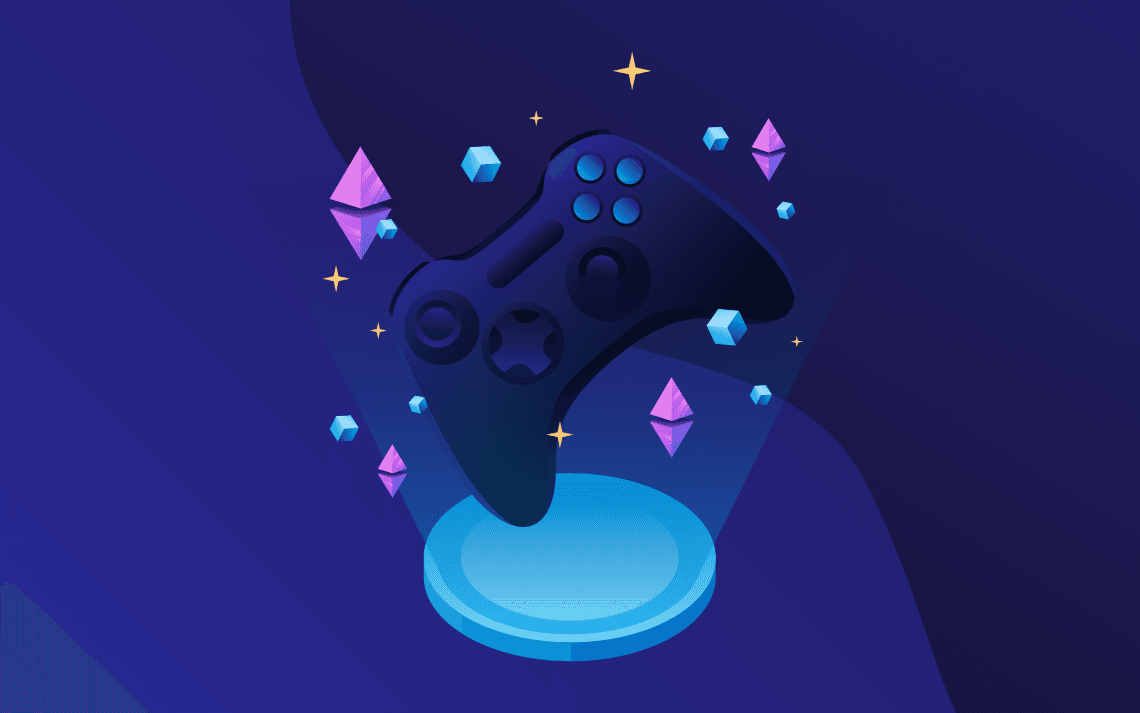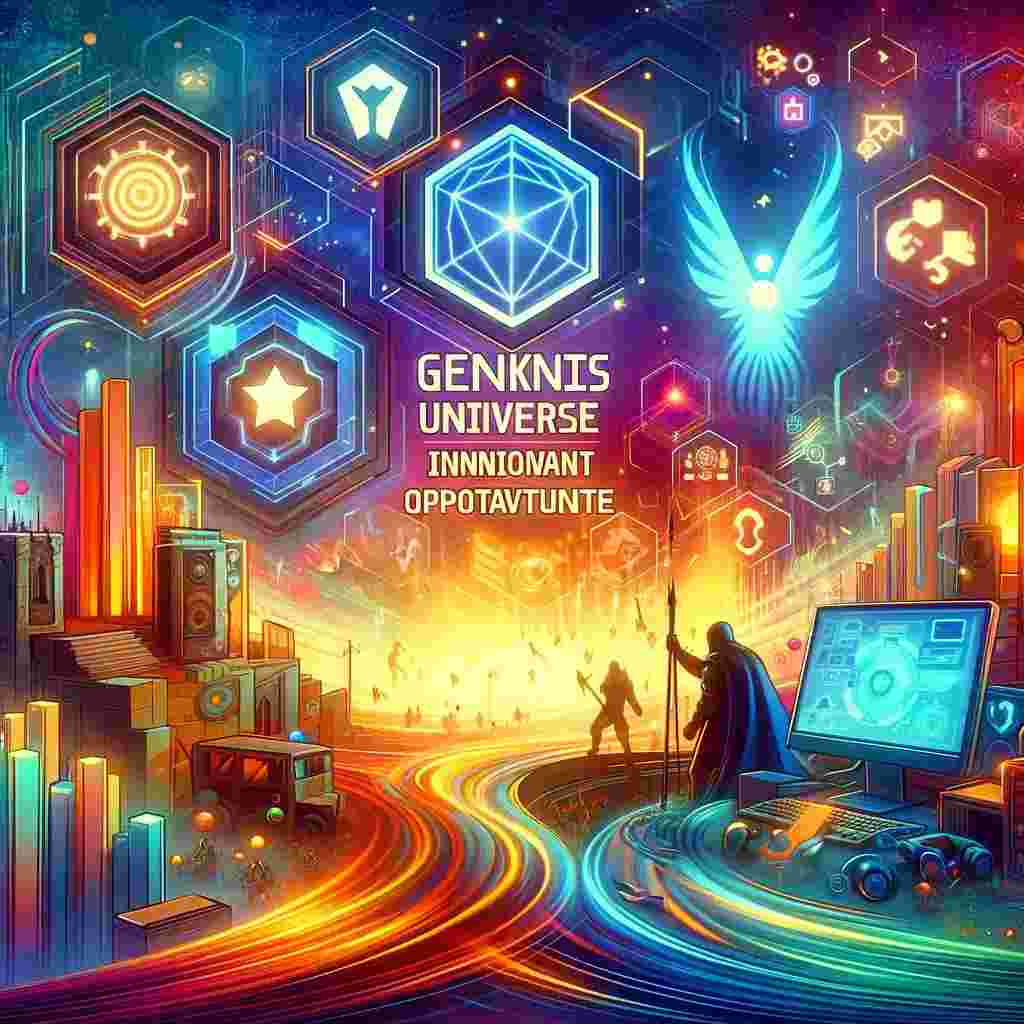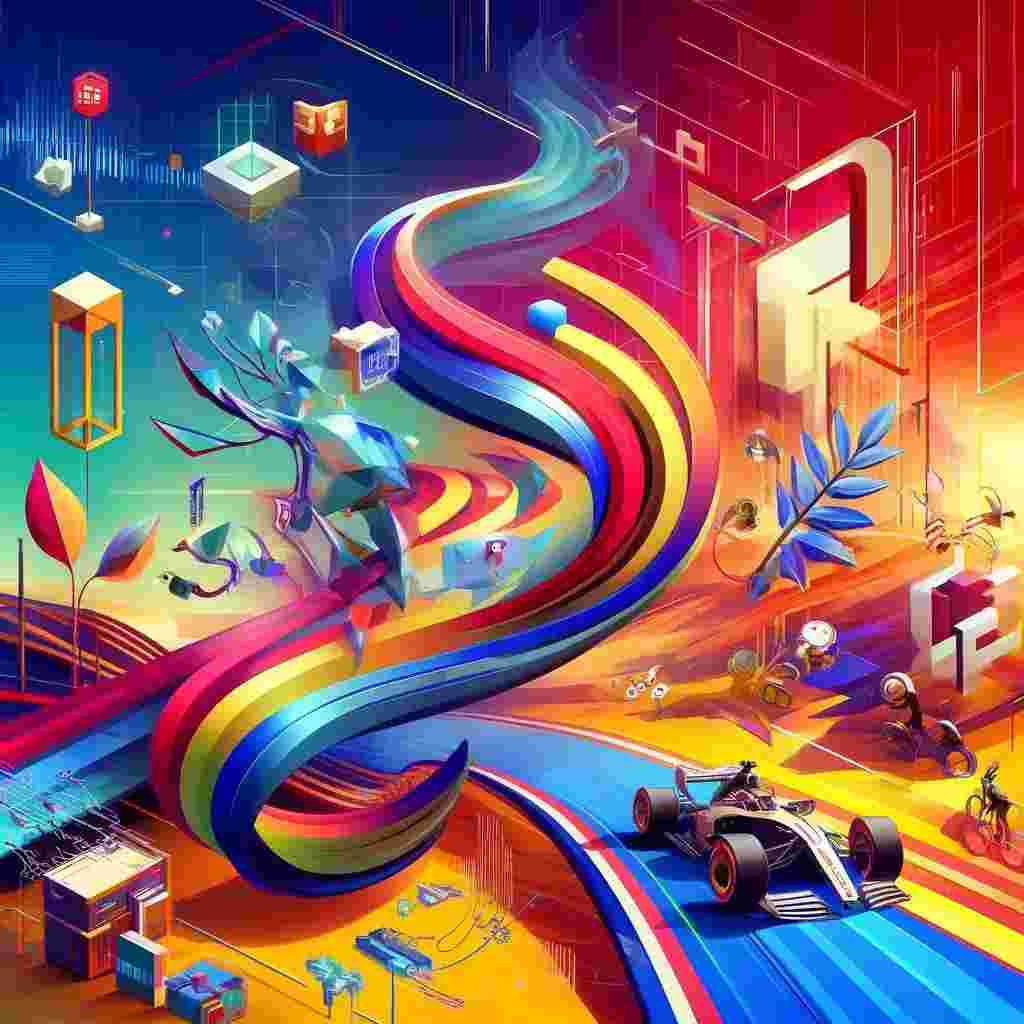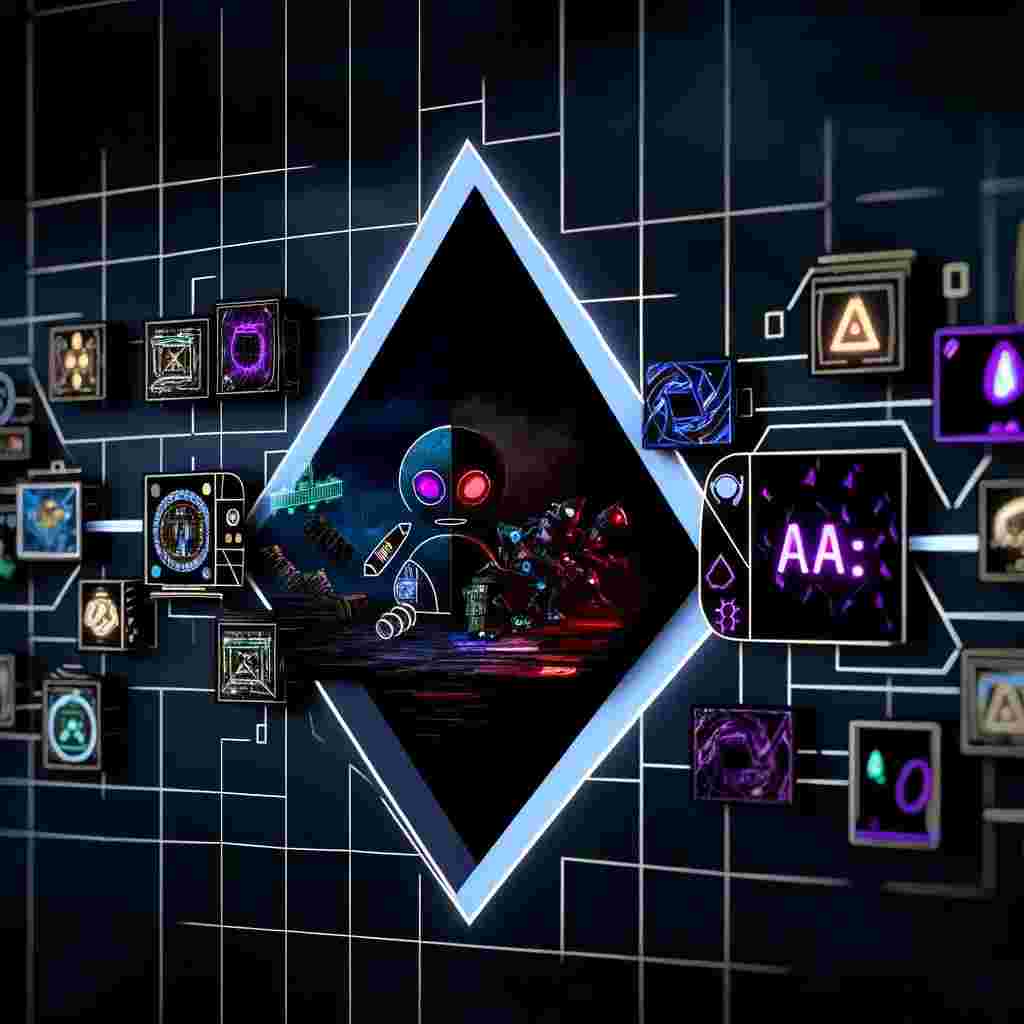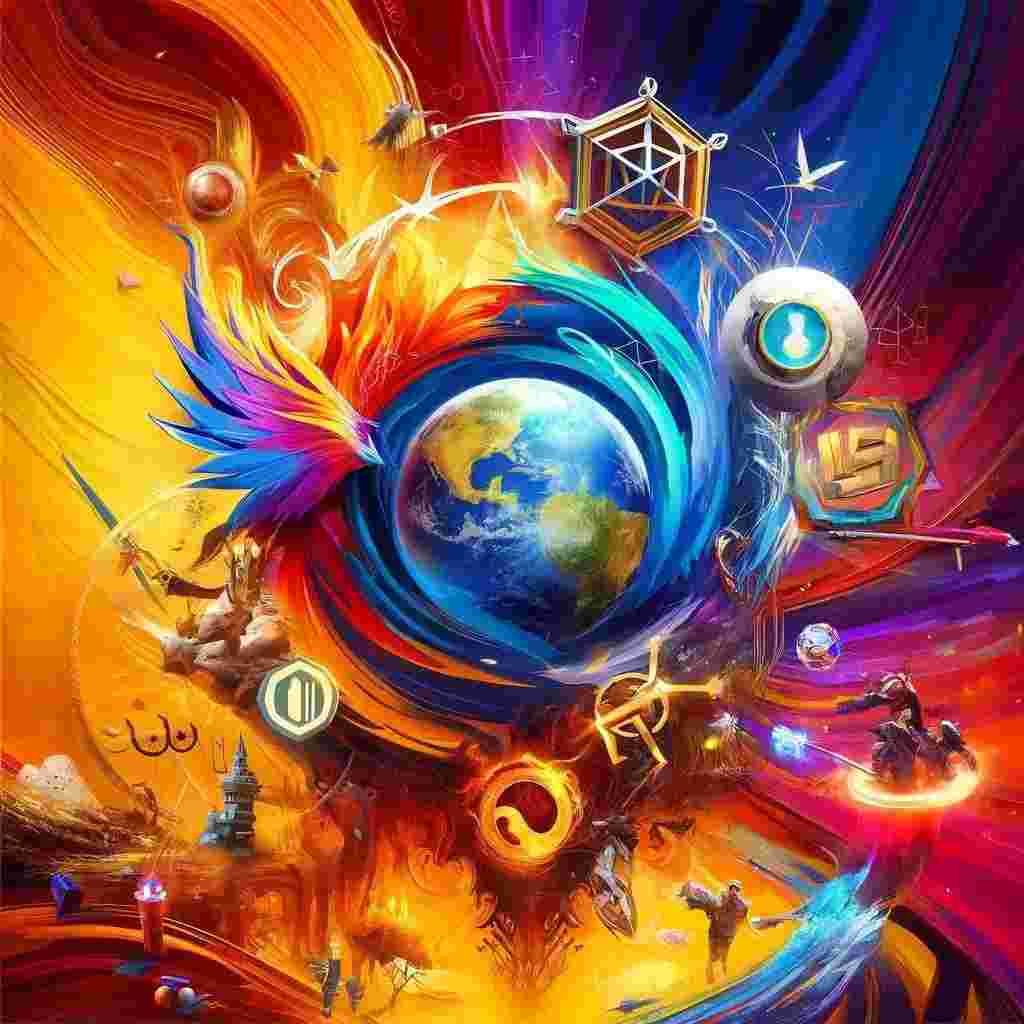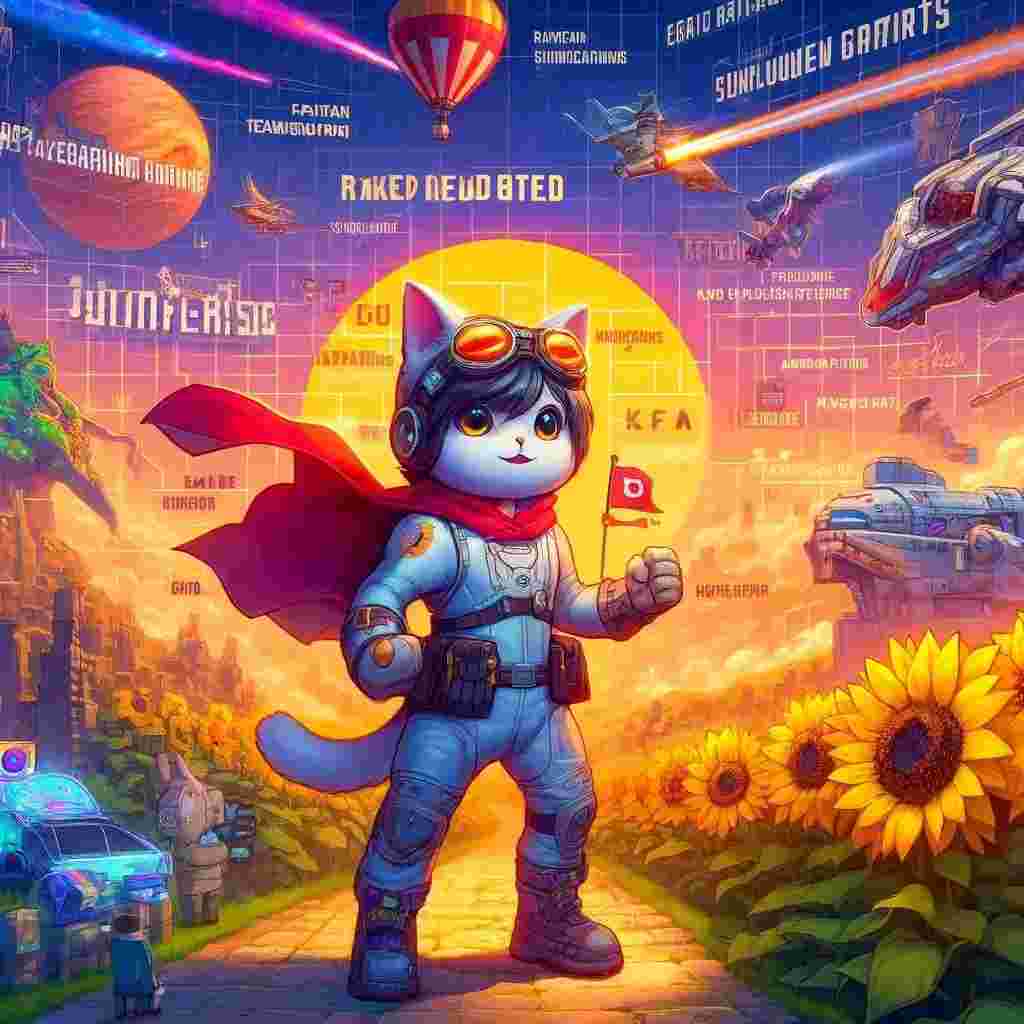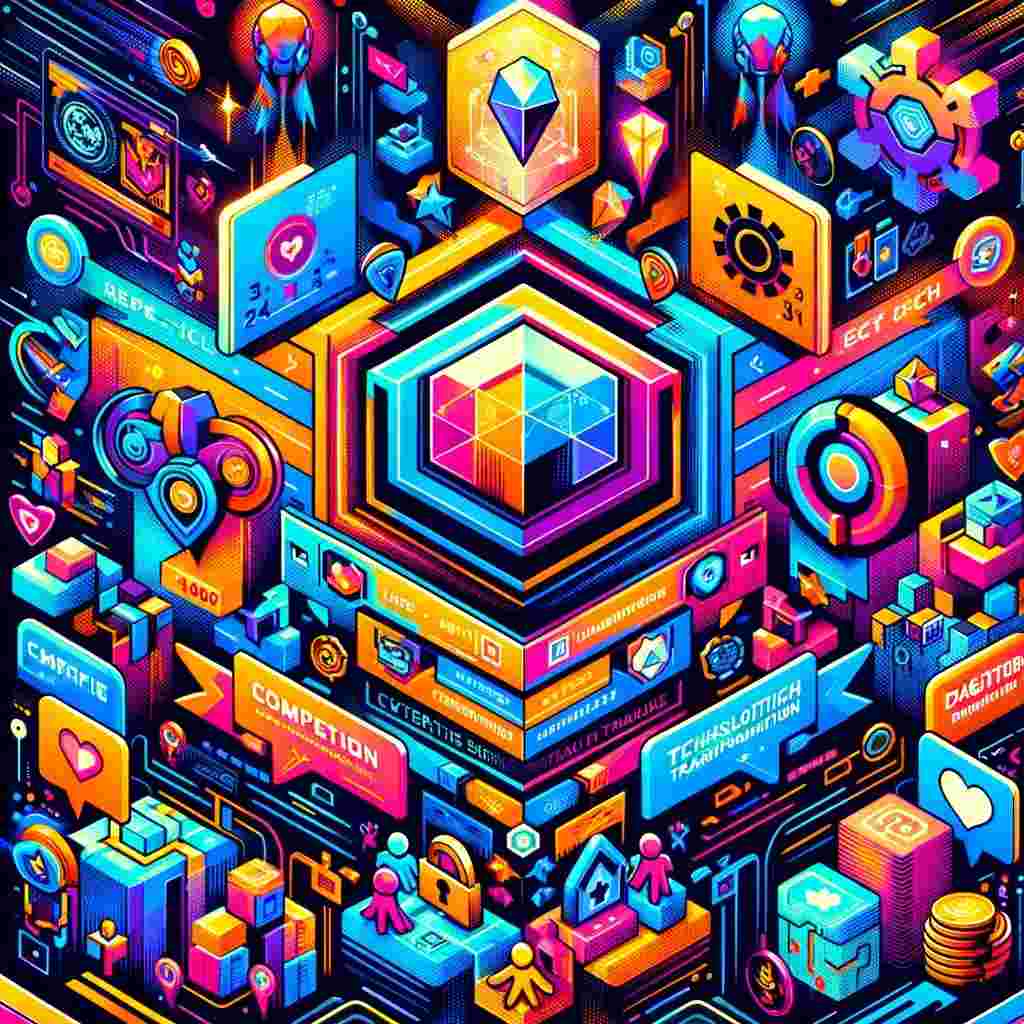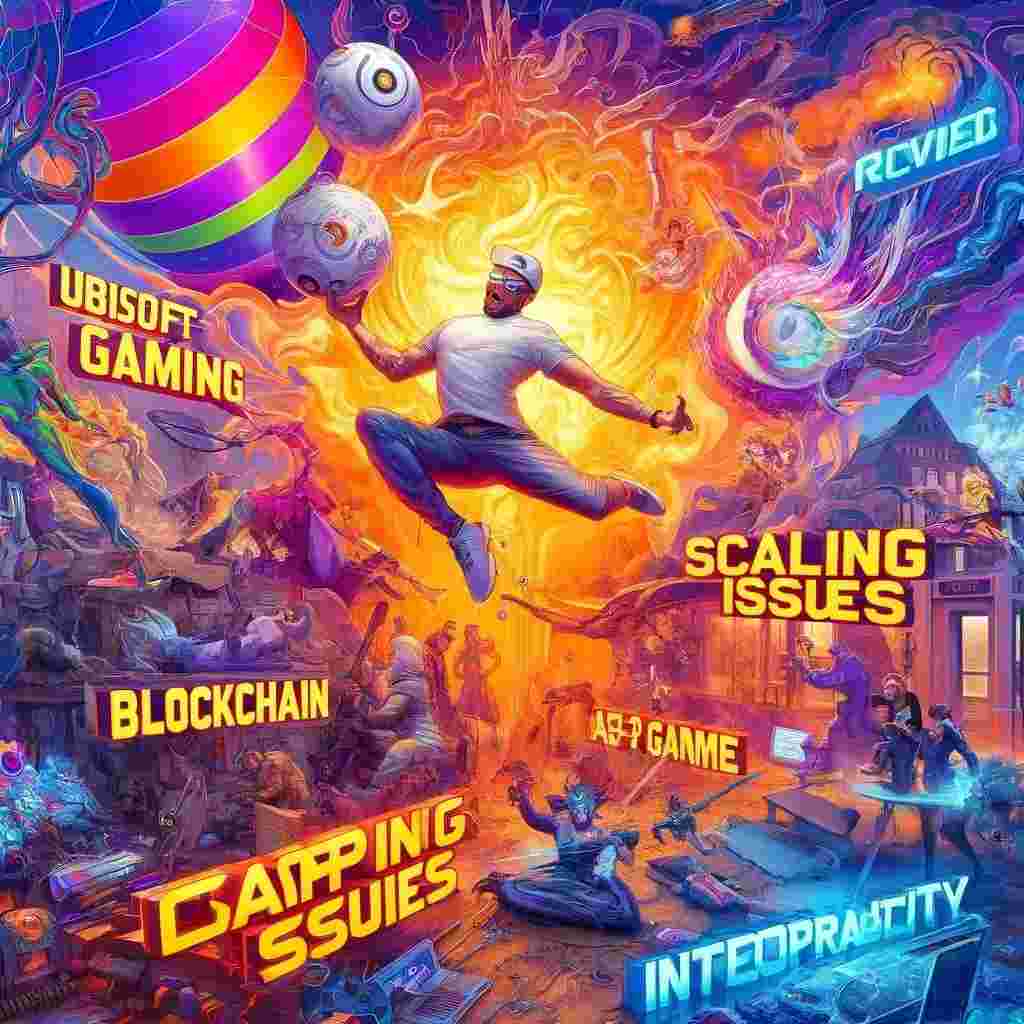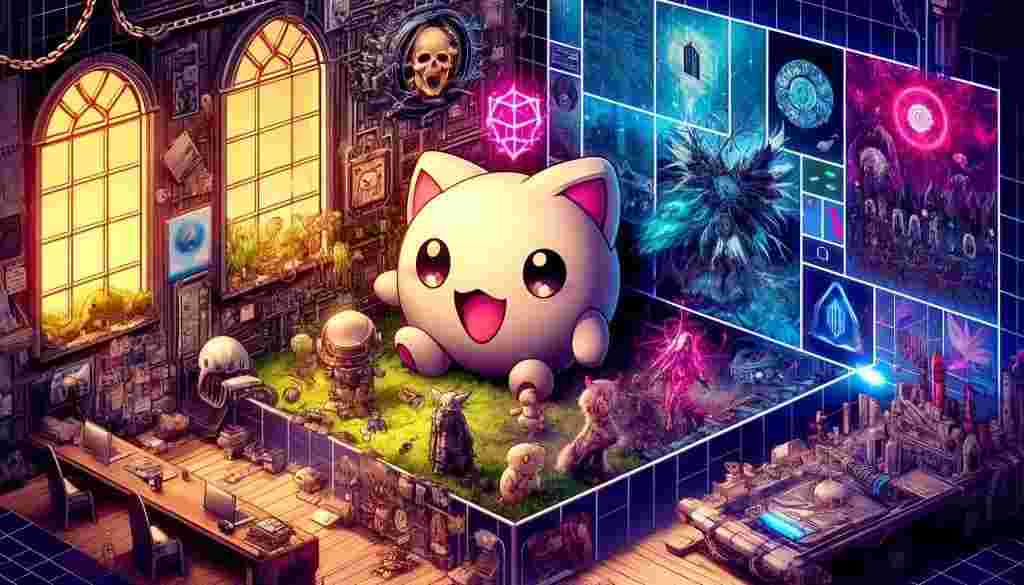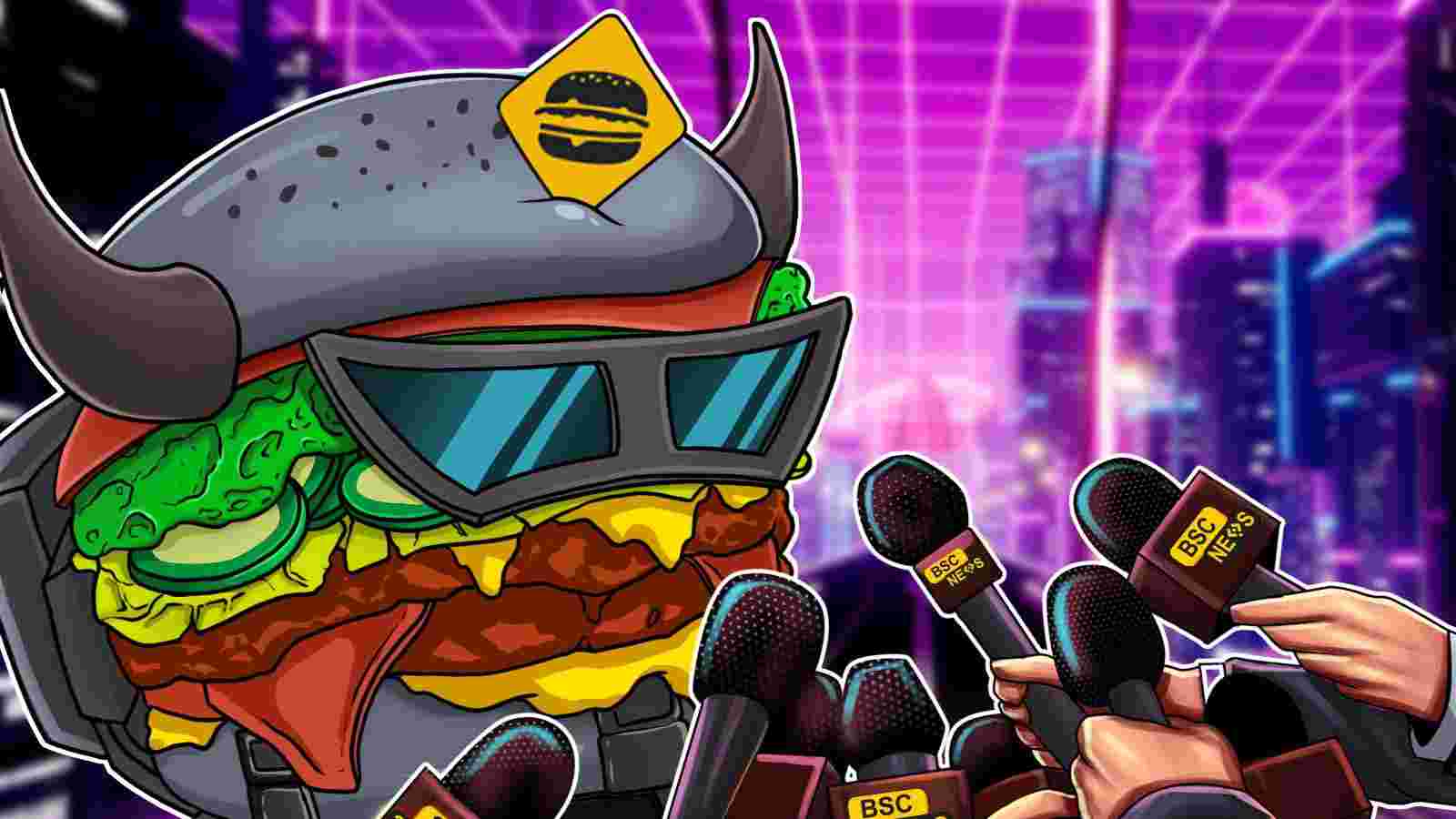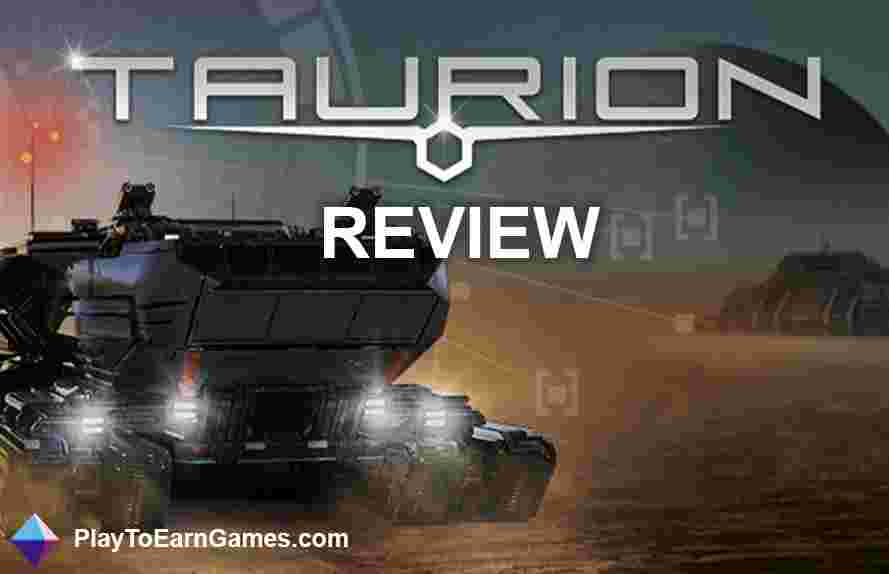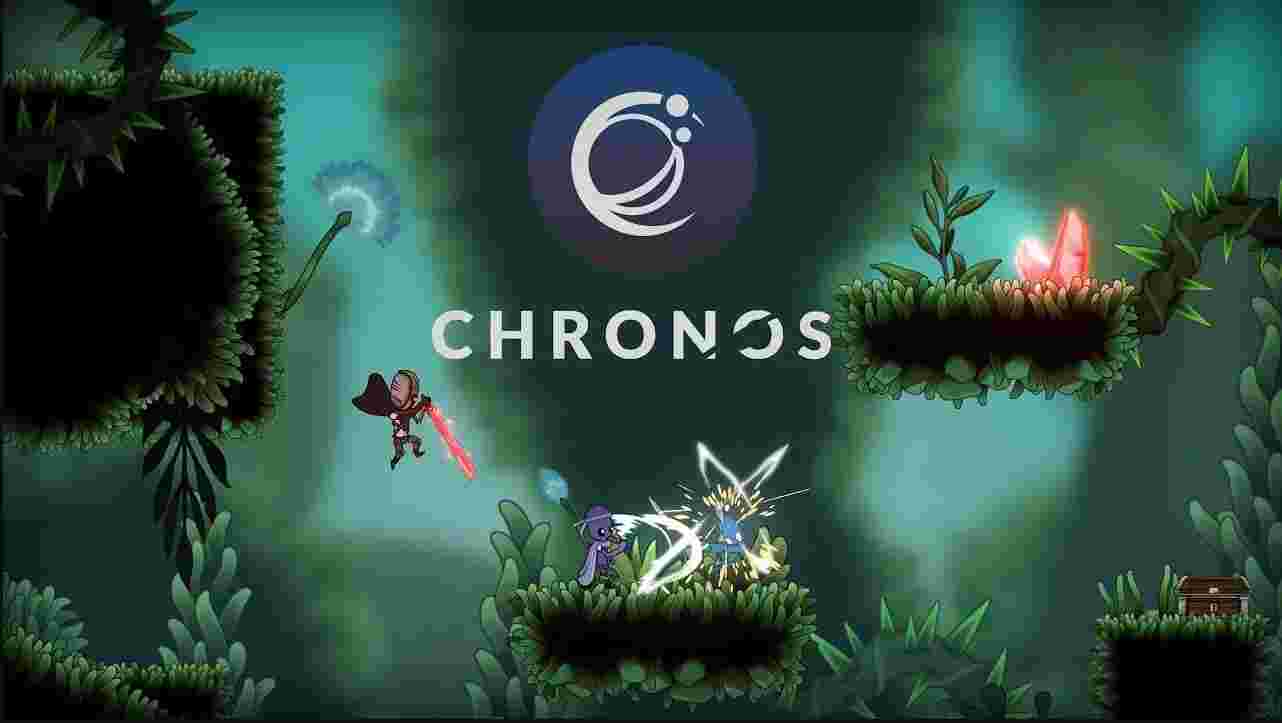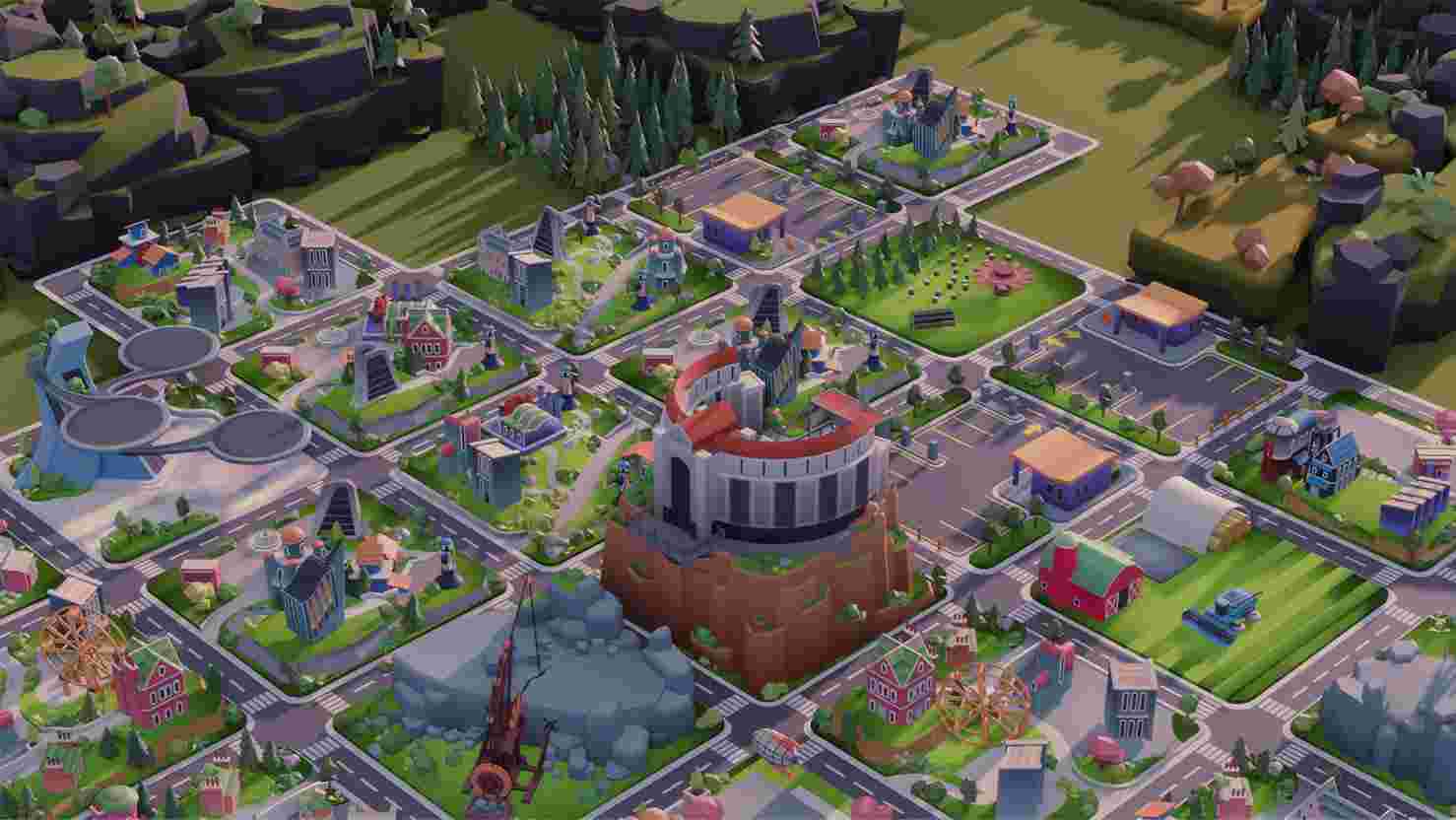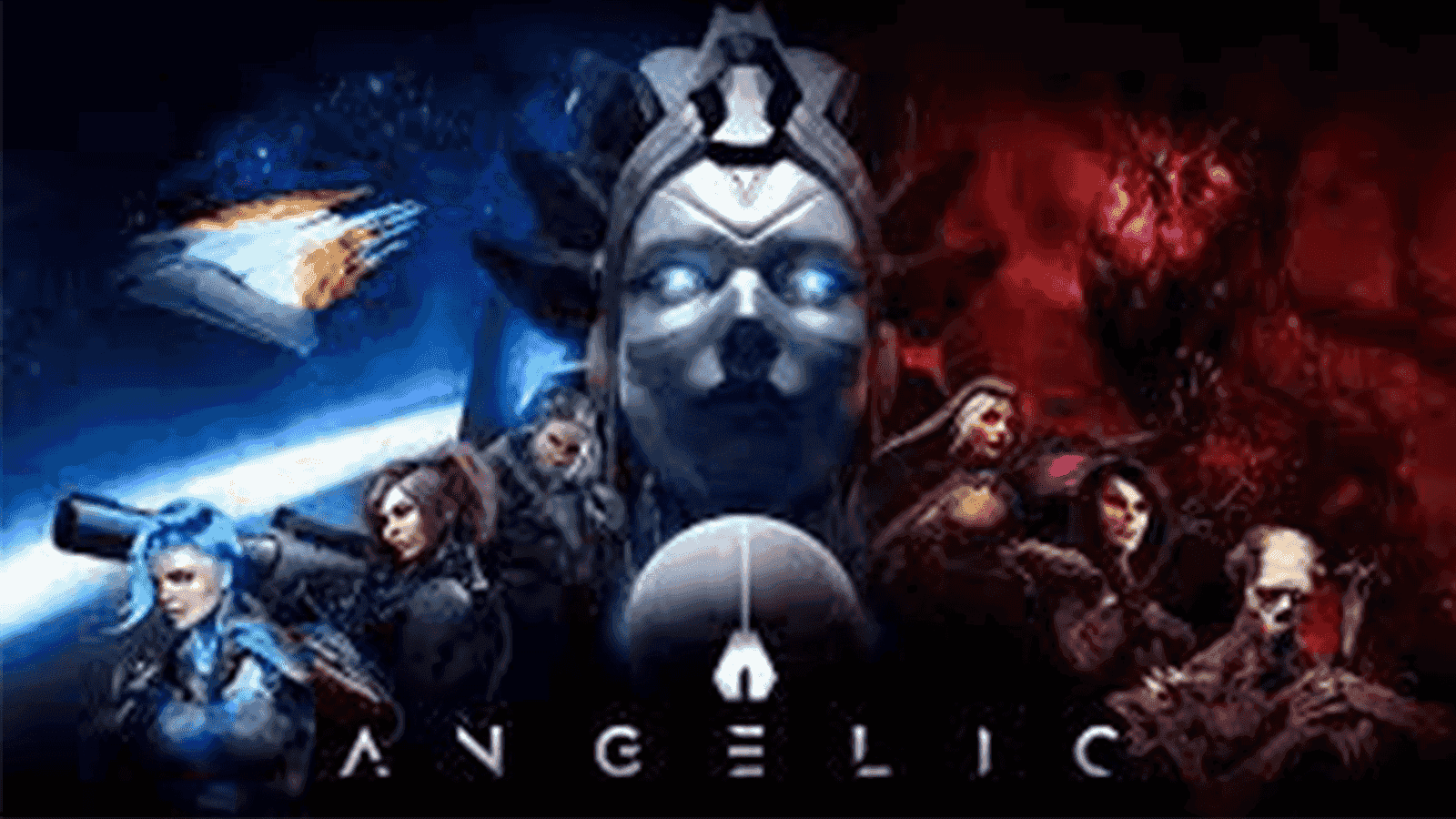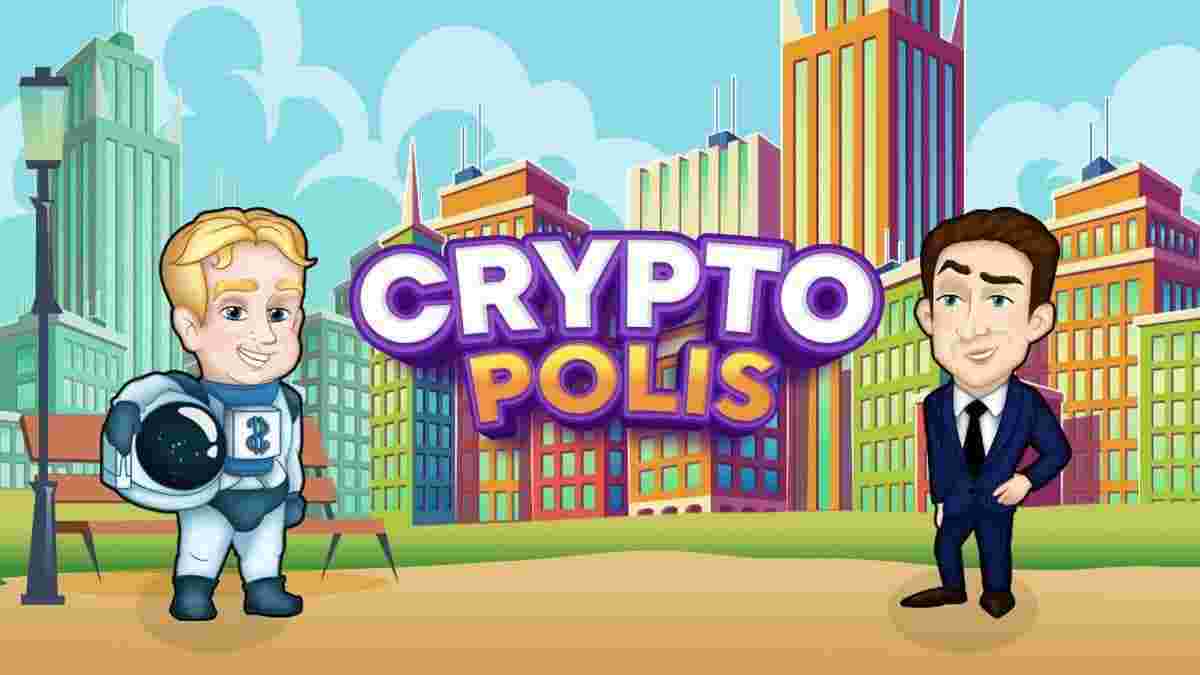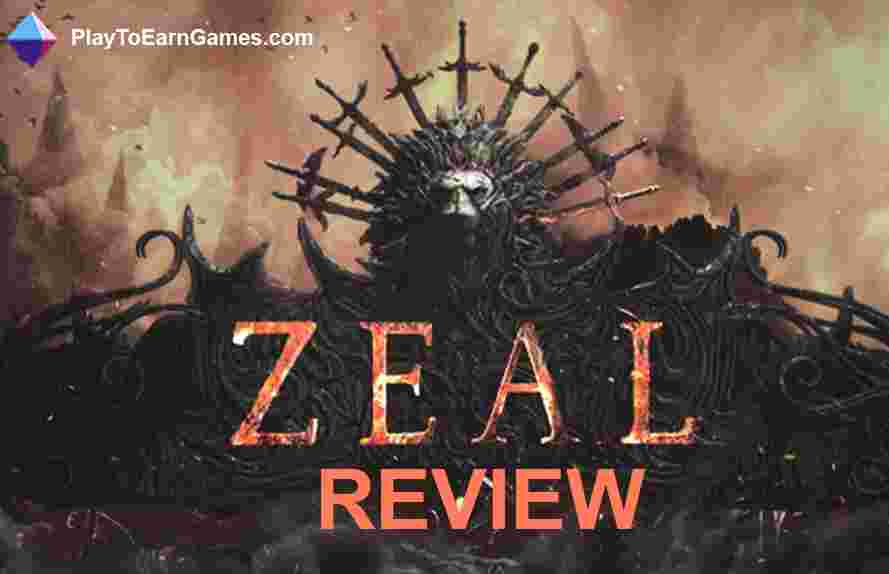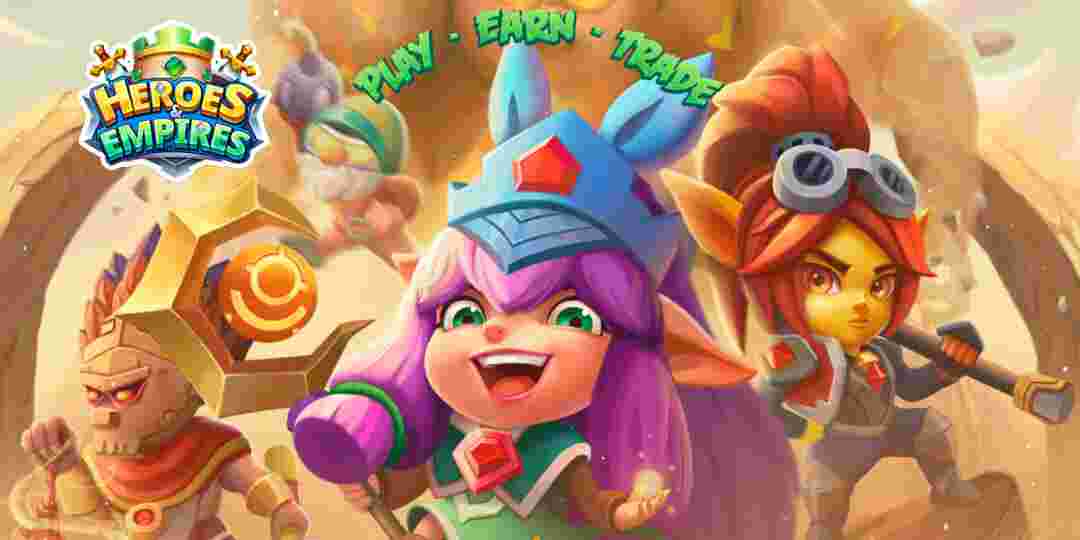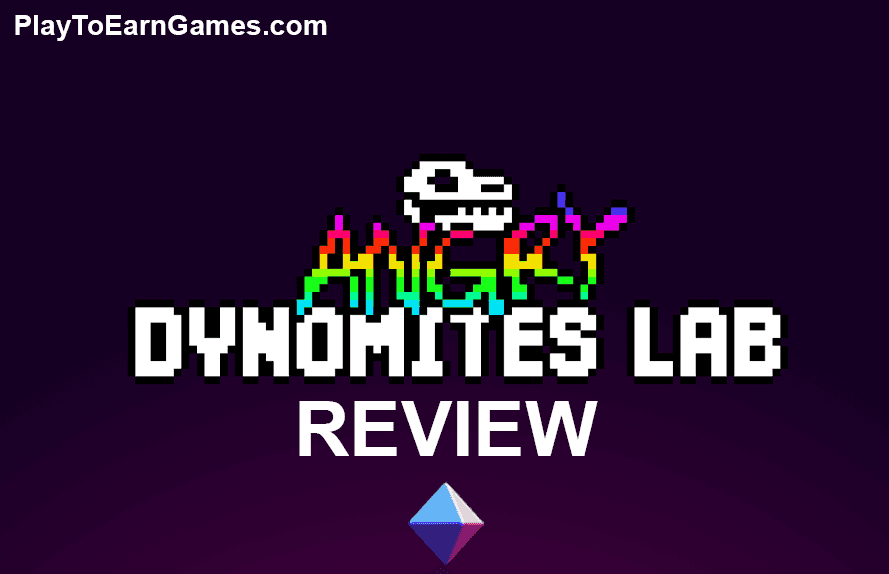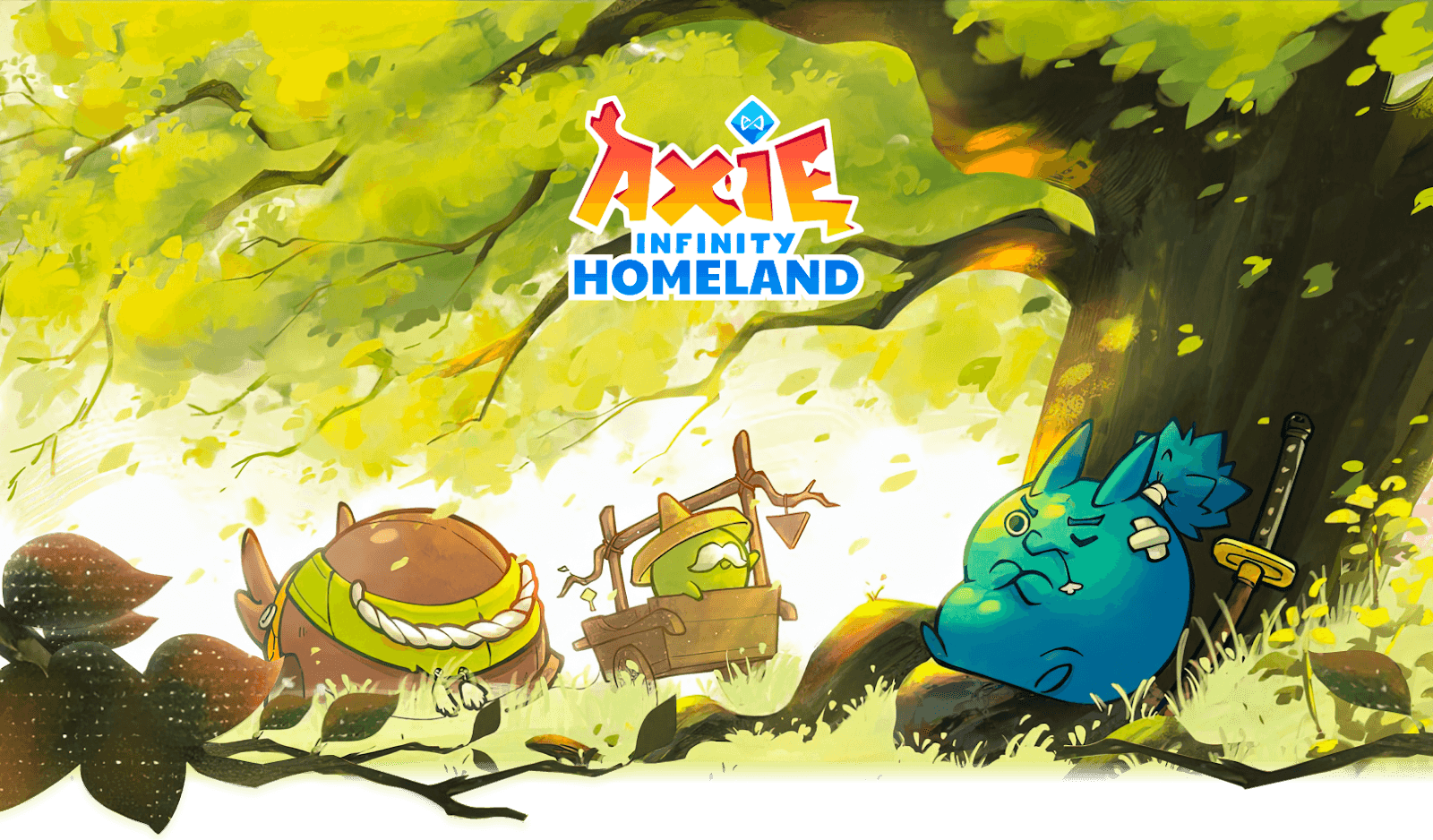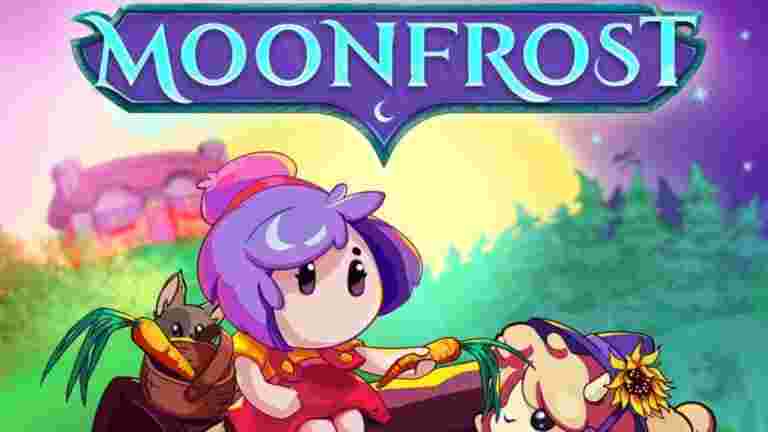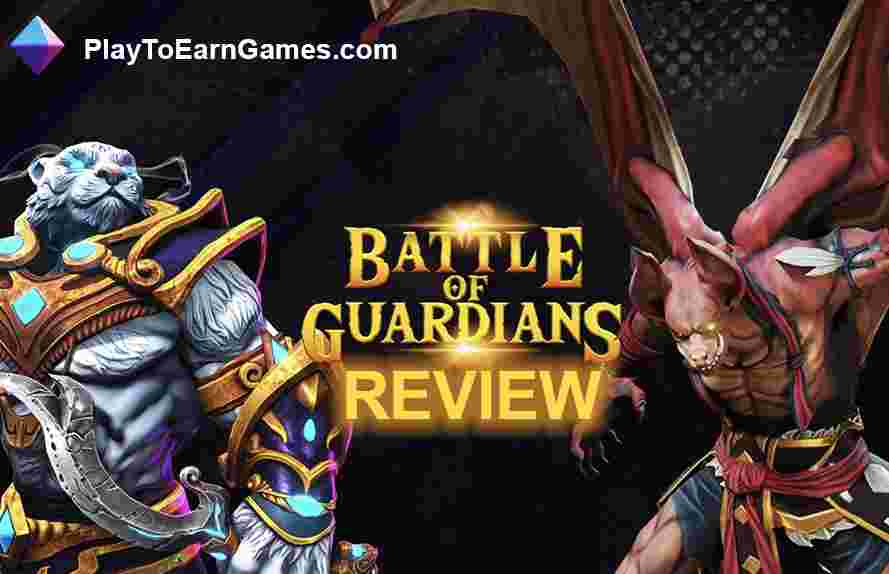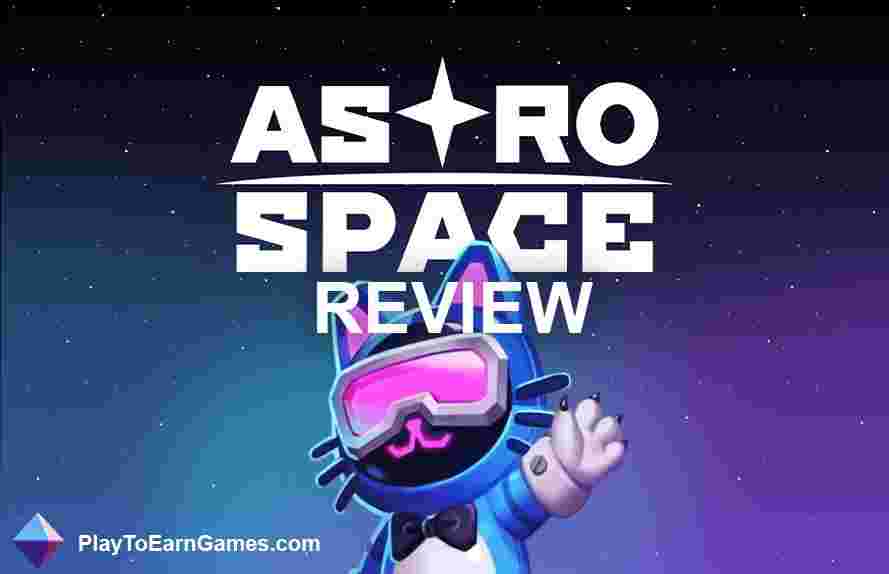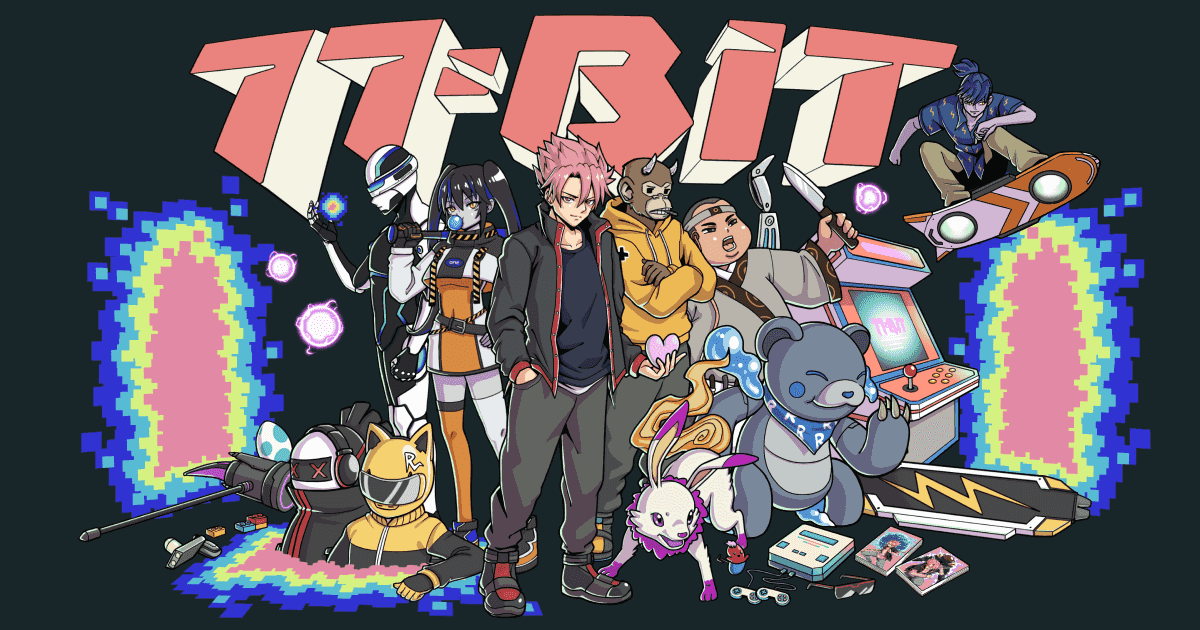At the exciting point where gaming and cryptocurrency meet, a revolution like never before is happening that could change the way we play games forever. Blockchain technology has the potential to completely change the way games are played, but gas fees are still a big problem that keeps people from using it widely. In this article, we'll talk about the gas fee problem, creative developer solutions, how cryptocurrency and games work together, decentralized development, play-to-earn models, and a full list of frequently asked questions (FAQs).
1. The Gas Fee Conundrum: Understanding the Barrier to Web3 Adoption
Gas fees, or transaction fees, are an integral part of blockchain networks like Ethereum.
When it comes to blockchain gaming, gas fees are important because they encourage people to be active participants in the network and keep the system safe overall. But these fees make it hard for gamers who aren't familiar with Web3 technology to play. When you compare this to traditional gaming platforms, where transactions are usually smooth and clear, adding gas fees breaks up the natural flow of gameplay.
These fees make the gaming experience less straightforward than what players may be used to in traditional gaming environments. This is because the fees cause technical problems and make it hard to plan ahead. Since gas fees change all the time, the prices of in-game actions can also change, which makes things more uncertain for players. This lack of predictability is different from how stable and predictable traditional gaming transactions are.
When Web3 and its gas fees are introduced, it can be confusing for gamers who are used to the smooth and streamlined experiences that come with traditional gaming platforms. The details of cryptocurrency transactions, like confirmations of transactions and busy networks, make it harder for players to figure out how to play. This time of adjusting can make players feel like they are navigating uncharted territory as they try to understand how the gaming world is changing.
2. Developer Solutions: Innovations to Tackle Gas Fee Friction
Developers are actively looking for solutions as a result of the obstacle that gas fees pose.
Meta-transactions, optimistic rollups, and smart contract wallets are some of the cutting edge solutions that developers are looking into to deal with the problems that gas fees cause in Web3 gaming.
With meta-transactions, players can make transactions without having to hold the native cryptocurrency. This method is easy for anyone to use. In essence, users can do business inside the game without having to deal with the hassles of gas fees. This method aims to make the whole user experience better by lowering the technical hurdles that come with cryptocurrency transactions.
Optimistic Rollups: This new idea involves doing transactions off-chain and then sending a shortened version (a rollup) to the blockchain. This lowers the amount of work that needs to be done on the blockchain, which leads to lower gas fees. Optimistic rollups could make transactions easier and cheaper, which would make Web3 gaming environments more efficient.
Wallets for smart contracts: To make transactions go more smoothly, developers are thinking about adding wallets for smart contracts. Smart contract technology is used by these wallets to automate and improve the execution of transactions. This could lower the gas fees that are charged for each transaction. The goal is to find a good balance between giving users control and making the game run smoothly.
The main challenge is to find the best balance between letting users control their transactions and making sure the gaming experience is smooth. Finding this balance is very important for making these new approaches work. It is very important for system designers to make sure that their creations give users freedom while also making the gaming experience as easy to access and fun as possible. This fine balance is very important for blockchain gaming to become widely used, since user experience and low costs are very important.
3. The Symbiotic Relationship: Cryptocurrency and Gaming's Transformative Bond
The profound impact of cryptocurrency on the gaming landscape is undeniable.
Play-to-earn models, where players can earn rewards in the form of in-game assets or cryptocurrencies, are gaining popularity. Blockchain technology is not only changing how games are played but also reshaping player engagement, ownership of in-game assets, and the very structure of game development. This section explores how the symbiotic relationship between digital currencies and gaming is fostering innovation and creating new possibilities.
Models of Play-to-Earn: Models of play-to-earn are a big change in the way we think about the economics of games. Players have usually been passive consumers, putting time and skill into games that don't give them anything in return. In play-to-earn models, on the other hand, players contribute to the gaming ecosystem in exchange for rewards that are worth a lot. These rewards could be real money or in-game items, like rare characters or items.
And because of this paradigm shift, the way players interact with games is changing. People who play games are no longer just observers; they have a stake in the virtual worlds they live in. People who put time and effort into gaming get rewards that don't just happen in the virtual world. This creates a real-world and possibly lucrative incentive to stay involved for a long time.
Play-to-earn models have a big effect on how engaged players are, in addition to the economic effects. Players are more likely to put in more time and effort when they know they can earn real-world money for doing things in games. This makes the gaming community more active and interactive. This higher level of engagement is good for both individual players and the fitness and longevity of the gaming ecosystem as a whole.
In-Game Asset Ownership: Blockchain technology is a key part of these models because it makes it possible to keep track of who owns what in-game assets in a safe and open way. Blockchain makes sure that digital items are real and rare, so players can really own the things they play with online. This is different from traditional gaming, where ownership is often limited to the game's platform, making it hard to transfer and lowering the value of in-game items in the real world.
Changing How Games Are Made: The positive relationship between digital currencies and games goes all the way to how games are made. Developers are rewarded for making games that are fun, rewarding, and immerse players in a world. This move away from a traditional profit model and toward one based on player incentives encourages new ideas in game design and creates new ways for players and creators to work together to make games.
Lastly, the addition of play-to-earn models and the way that digital currencies and games work together to make each other better is a turning point in the industry. Along with the economic benefits, this change makes players more interested, changes the way ownership works, and changes the way games are made in general. It marks the beginning of a time when gamers aren't just passive users, but also actively involved in making virtual worlds better.
4. Decentralized Development: Empowering Players and Developers Alike
Decentralized development is a key aspect of the Web3 gaming revolution.
Unlike traditional methods, blockchain enables collaborative game development, allowing players to actively participate in the governance and shaping of the gaming economy. This fosters a sense of community and ownership, empowering players and developers alike to contribute to the evolution of the gaming industry.
Blockchain-based teamwork for making games:
Decentralized Governance: Blockchain technology creates a decentralized framework for managing and governing game development. Unlike conventional methods where the game is under the control of a central authority or game studio, blockchain allows for decentralized decision-making. This means that the community, which includes both players and developers, has a say in how the game will be developed in the future.
Records that can't be changed: Blockchain keeps a record of all game transactions and activities that can't be changed and is open to everyone. This ledger, which smart contracts frequently enable, records all choices, contributions, and transactions so that they are irrevocable in the future. This openness builds trust in the gaming community because everyone can see that the development process is honest.
Community-Driven Development: Because blockchain is based on working together, it can even be used to make games. Decentralized autonomous organizations (DAOs) are one way for players to suggest and vote on new game features, changes, or additions. This model for inclusive development lets the community shape the game in the way they want, which builds a sense of ownership and participation.
Building a sense of community:
Shared Ownership: Blockchain introduces the idea of everyone having a stake in in-game items and governance tokens. When players join a virtual world, they become stakeholders and hold assets or tokens that represent a piece of the game's economy. Sharing ownership of the game makes people feel like they are part of a community because they all contribute to and benefit from its success.
Incentives for investing: Along with shared governance, blockchain often uses incentives for investing to get players involved in the community. Players can get cryptocurrencies or special items inside the game in exchange for their contributions. This creates a relationship where the success of the game directly benefits the people who contribute to it. This economic aspect makes the community stronger and encourages people to keep taking part.
Building up the power of players and developers:
Equal Chances to Participate: Blockchain lowers the barriers to entry so that both players and developers can participate equally. Anyone, from any background or position, can help make the game better or suggest changes. People from all walks of life can contribute to the growth of the gaming industry because of this.
Blockchain has made it possible for two new methods of raising money, including Initial Game Offerings (IGOs) and Non-Fungible Token (NFT) sales. Because these models let developers get money directly from gamers, they make the relationship between creators and players stronger. This spread of funding sources gives developers more freedom to be creative and aligns their goals with those of the player community.
Overall, blockchain has made it much easier for people to work together to make games. There is decentralized governance, open records, shared ownership, and economic incentives. This creates a community-driven approach that gives players and developers more power. This model changes not only individual games but also how the whole gaming industry grows and changes.
5. Play-to-Earn Models: A Paradigm Shift in Gaming Economics
The emergence of play-to-earn models, facilitated by blockchain technology, marks a transformative shift in gaming economics.
Players transcend their traditional roles as passive consumers to become active contributors to the gaming ecosystem. This section delves into the mechanisms through which play-to-earn models incentivize sustained player engagement, fostering a dynamic and interactive gaming community.
As active participants, the players:
Participation in the economy: Play-to-earn models change the role of the player by giving real money rewards for active participation. Now, players can do more than just consume content. They can make a real difference in the gaming ecosystem and get real-world value in return.
Activities in games that have effects in real life: People who play traditional video games often do things in the games just to move forward in the game. In a play-to-earn model, these actions are more important because they can have a direct effect on a player's earnings. This paradigm shift turns boring things you do in games into important contributions that make you want to spend more time in the game world.
Reasons to keep players interested over time:
Constant Incentives: Play-to-earn models give players constant incentives to keep playing over time. By consistently rewarding players for their contributions, whether through in-game achievements or community involvement, these models keep players interested and involved in the virtual world.
Earning as a Way to Move Up: Earning, whether through in-game items or cryptocurrencies, is a big part of how a player moves up in your game. When economic incentives are added to the progression system, they create a feedback loop where engagement leads to rewards, which in turn motivate more engagement. This feedback loop encourages players to interact with the gaming world in a meaningful way over time.
Making a Gaming Community That Is Active and Fun:
Play-to-earn models encourage people in the gaming community to work together: Players can work together on in-game tasks, share strategies, and form alliances to make the most money possible. This spirit of working together builds community by pushing players to actively work together to reach common goals. This creates a social environment within the game that is both dynamic and interactive.
New player-made content: Some of the things that could show up are fan art, in-game events, or even changes made by players. With the play-to-earn model, players can actively shape and add to the overall gaming experience, which makes it more creative and varied.
Income Incentives: Play-to-earn models offer income incentives that help gamers build social and business networks within the gaming community. Players can trade goods or work together on economic plans, creating complex webs that go beyond the game world. The gaming community is bigger and better because of these networks.
Last but not least, play-to-earn models change the player's role by making them an active contributor with ongoing incentives to stay involved. This change not only makes the experience better for each player, but it also creates a lively and interactive gaming community where people can work together and be creative.
Empowering Player Engagement:
Play-to-earn models redefine the relationship between players and games. By offering tangible rewards in the form of cryptocurrencies or valuable in-game assets, players are motivated to invest more time and effort into their gaming experiences.
Changing the way the player and game interact:
Economic Empowerment: Play-to-earn models give players more economic power by giving them real rewards. Play-to-earn models give real-world value in the form of cryptocurrencies or valuable in-game assets. This is different from traditional gaming, where rewards are often limited to in-game achievements. This gives the player more economic power, which changes them from a passive consumer to an active participant with a stake in the virtual ecosystem.
Change from Passive Consumption to Active Engagement: In the past, gamers invested time and skill in games in exchange for rewards that were hard to measure. With play-to-earn models, players are not only consumers but also active contributors who shape the virtual world. This relationship grows into a more active one. Giving players the chance to win valuable prizes makes the game more exciting and involves more people.
Investing motivation has gone up:
Play-to-Earn models give real rewards for time and effort: Play-to-Earn models give players real rewards that are linked to how much time and effort they put into the game. When players know that the things they do in games can earn them money in the real world, they are more likely to put in more time and effort to get the most money. This makes a relationship that is good for both sides, and players are rewarded for their hard work.
Earning as a Way to Track Progress: In traditional games, progress is usually tracked by finishing levels or reaching important points in the game. With play-to-earn models, earning is a big part of how far you can go. Players think that their earnings show how skilled, dedicated, and strategic they are in the game. This makes them want to keep getting better and succeeding.
Getting people more involved and immersed:
Personalized Goals and Achievements: Now that there are real rewards, players can set their own goals in addition to the game's standard ones. No matter if they want to get rare in-game items or cryptocurrency, players can make their own ways to success. This customization makes the experience more immersive and interesting by letting players work toward goals that are related to their own interests and goals.
In play-to-earn models, the real rewards give the game world a sense of having economic stakes. Players care about the virtual world on an emotional level, and they also have money riding on its success. Players feel more connected to the game and its community because they know that their contributions are important to the ecosystem's success as a whole.
To sum up, play-to-earn models change the relationship between the player and the game by adding real rewards, giving players more economic power, and encouraging them to put in more time and effort. Individual gaming experiences are changing because of this change, and gaming itself is changing to become a more social, interactive, and financially meaningful activity.
Building Loyalty Through Rewards:
One of the key implications of play-to-earn models is the potential to build unprecedented player loyalty. As players accumulate rewards over time, they develop a vested interest in the gaming ecosystem.
Getting players to be more loyal than ever:
Cumulative Reward System: In play-to-earn models, players get rewards and incentives for continuing to play and do well in the game. This is called a cumulative reward system. This system of constant and increasing rewards goes beyond simple games and creates a sense of progress and value building.
Long-Term Engagement Strategy: Play-to-earn models are meant to encourage long-term participation, unlike one-time rewards or events that only happen for a short time. Players are motivated to keep putting time and effort into the game so that they can get the most rewards over time. Keeping players interested for a longer time helps build a strong connection between players and the gaming ecosystem.
Formation of Vested Interests:
Stake in the Business of Gaming: As players earn rewards, they get a stake in the business of gaming. When you earn rewards, like valuable in-game items or cryptocurrencies, they become a form of digital wealth that is tied to how well the game does. Because of this economic link, people have a reason to care about the game world's continued growth and survival.
Sense of Ownership: A sense of ownership is increased by getting more and more rewards over time. Players become attached to the virtual items or money they've earned, which makes their emotional connection to the game stronger. This ownership goes beyond the short-lived nature of traditional rewards, making players feel connected to the game for a long time.
Improved how players interact with games:
Play-to-earn models encourage a relationship where the player's success is linked to the success of the game ecosystem in a way that keeps both growing. As players do well and earn rewards, the overall state of the gaming world gets better. People feel like their actions have a direct effect on how the game grows and changes, which makes them more loyal.
Bringing people together: Earning rewards and taking part in the play-to-earn model together makes players feel like they are part of a community. Building up digital wealth and making progress in the game creates bonds that go beyond what each person has accomplished. Building communities makes people feel like they are part of a bigger, more collaborative gaming experience, which makes players more loyal.
Value Reward for Keeping Staff:
Acknowledged Effort and Time Spent: Earning rewards is a real way for players to show appreciation for the time and effort they put into the game. In traditional games, achievements are recognized within the game. In play-to-earn models, achievements are recognized outside of the game in the form of real money or valuable items. This makes the player feel like their contributions are valued, which makes them more loyal.
Economic Incentives for Loyalty: If you play to earn, you can get money, which is a strong incentive for players to stay loyal. Players are more likely to stick with a game if they know what their earned rewards are worth in real life. The possibility of making money is a strong reason to stay involved and follow through.
Finally, play-to-earn models go above and beyond traditional game structures by including a system of accumulating rewards that makes players more loyal than ever. Players develop a vested interest, a sense of ownership, and a deeper connection with the changing gaming ecosystem as they continue to earn rewards. This leads to a long-term relationship that benefits both parties.
Shaping the Overall Gaming Experience:
Beyond individual benefits, play-to-earn models have a profound impact on the overall gaming experience. This section explores how the integration of blockchain technology not only revolutionizes economic structures within games but also enhances the narrative, social dynamics, and competitive aspects of gameplay.
Changes are being made to economic structures:
No one person or group decides how much in-game items are worth in play-to-earn models; instead, the community decides. This change in the way gaming businesses are run promotes fairness and openness while questioning the way traditional businesses are run. By making contributions, players actively change the economy, which makes the market dynamic and open to everyone.
Real-World Value Transfer: Adding blockchain makes it possible for real-world value to be moved around in the gaming ecosystem. When you're not playing the game, in-game assets like cryptocurrencies or non-fungible tokens (NFTs) have real-world value. This changes the idea of virtual goods because it lets players buy, sell, and trade items that have real-world economic effects.
Markets that are driven by players: Play-to-earn models let players shape the economy in the game. In player-driven markets, the value of assets is set by how supply and demand change as players interact with each other. This not only makes the economy more complicated, but it also makes players think more about their moves as they move through the virtual marketplace.
Adding more immersion and story:
Dynamic and Decentralized Storytelling: Adding blockchain to games makes it possible for stories to be told in a dynamic and decentralized way. The actions, achievements, and interactions of players all add to a story that changes based on what the community decides as a whole. This dynamic storytelling makes the experience more immersive and personalized, and players feel like they have a hand in shaping the story of the game.
Creating Your Own Content: The "play-to-earn" model encourages players to make their own content that adds to the story. Through in-game events, user-generated stories, or working together to build the world, players help make the game's world. This shared storytelling makes the gaming experience better and more in-depth.
Changing the way society works:
Play-to-earn models encourage people to work together to play games and do business with each other in the gaming community. To reach common goals, players work together, plan ahead for economic choices, and contribute to the overall success of the game. This collaborative spirit helps people feel like they belong and have a purpose in life.
Economic and Social Networks: Play-to-earn models use economic incentives to help people build complex social and economic networks within the gaming community. Players can trade with each other, form alliances, or work together on economic plans. These networks help the gaming community stay connected with each other and build relationships that go beyond the game world.
Making competitive gaming better:
Encouragement to Play Competitively: Play-to-Earn models offer financial reasons to play competitively. Not only are players driven by traditional drives like skill and achievement, but they are also driven by the chance to win valuable rewards. This makes competitive situations even more dangerous, as players try to beat their opponents to feel good about themselves and make money.
Esports Economy Growth: The way play-to-earn models are set up economically makes it possible for esports economies to grow. Not only can competitors win money from prize pools, but they can also make money from the value of in-game items or cryptocurrencies. This economic aspect makes e-sports a more complex area where money-based incentives work well with competition based on skill.
In conclusion, play-to-earn models have a big effect on the gaming experience as a whole, not just on the benefits for individuals. Adding blockchain technology changes the way economies work, how stories are told, how people interact with each other, and how competitive games are. This paradigm shift makes the gaming environment more dynamic, open to participation, and important to the economy.
Lastly, play-to-earn models are a turning point in the history of video games because they combine economic incentives with player interests in a way that doesn't feel awkward. This collaboration not only makes gaming more interesting and immersive, but it also marks a big change in the way the industry works. As the gaming industry continues to use blockchain technology, new business models that focus on players become more possible. This change aims for a future where gamers are not just visitors to the virtual worlds they inhabit, but also important contributors to them. It promises a complete and changing gaming ecosystem where player participation is not only valued but also drives the gaming industry's continued growth.
Nice-to-Know Insights:
Gas Fees in Web3 Gaming: Gas fees, also known as transaction fees, are payments on blockchain networks. In Web3 gaming, they pose a concern as they disrupt the seamless gaming experience, introducing volatility and technical complexities.
Developer Solutions for Gas Fee Challenges: Developers are addressing gas fee challenges in Web3 gaming by exploring innovative solutions such as meta-transactions, optimistic rollups, and smart contract wallets. These approaches aim to minimize gas fee friction for users, ensuring a smoother gaming experience.
Decentralized Development in Gaming: Decentralized development in gaming empowers players to actively participate in the governance and evolution of games. This collaborative approach fosters a unique relationship between developers and players, allowing the gaming community to play a pivotal role in shaping the direction and features of the game.
Conclusion:
Web3 gaming has the potential to completely change the gaming industry, which is something that can't be denied. But the current problem with gas prices is holding back this potential, which means that Web3 gaming might not catch on with a lot of people. Blockchain technology hasn't been able to be easily added to games because of gas fees, which are transaction fees on blockchain networks.
The risk comes from the fact that these gas fees mess up the natural flow of gameplay, which is what makes traditional gaming platforms great. The complicated nature of cryptocurrency transactions and the instability caused by gas fees make it hard for gamers who are used to the smooth and immersive experiences that non-blockchain games offer.
To get around this problem and see how truly disruptive blockchain-based gaming can be, new ideas need to be put into action right away. Developers are experimenting with and using new techniques like meta-transactions, optimistic rollups, and smart contract wallets. With these solutions, gas fees should have less of an effect, making the game easier to use and less frustrating.
This implementation is important not only for your own gaming experiences but also for Web3 gaming to become widely used. If the gas fee problem isn't fixed quickly, blockchain technology may not be able to completely change the way games are played. So, the need to solve these problems right away isn't just technical; it's also strategic for the gaming industry's growth.
Basically, putting new ideas into practice correctly isn't just a technical matter; it's an important step toward making Web3 gaming's full disruptive potential happen. It means making a world where blockchain works with games without any problems. This way, gamers all over the world will have access to a really cool, easy-to-use gaming environment without having to pay gas fees.
Join the conversation and stay informed about the latest developments in Web3 gaming. Share your thoughts on social media using #Web3GamingRevolution and engage with the gaming community to contribute to the ongoing evolution of the industry. The future of gaming is at the intersection of blockchain and traditional gaming, and your voice matters in shaping this revolutionary landscape.
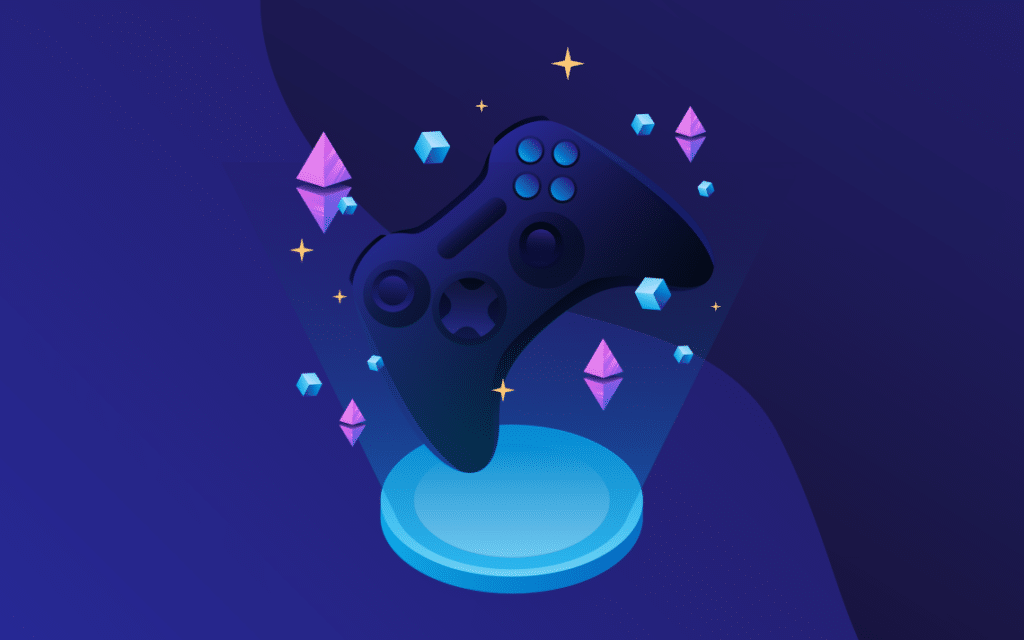
Frequently Asked Questions
Q1: What are gas fees, and why are they a concern for Web3 gaming?
A1: Gas fees, also known as transaction fees, are payments on blockchain networks. In Web3 gaming, they pose a concern as they disrupt the seamless gaming experience, introducing volatility and technical complexities.
Q2: How are developers addressing gas fee challenges?
A2: Developers are exploring innovative solutions such as meta-transactions, optimistic rollups, and smart contract wallets to minimize gas fee friction for users.
Q3: What is decentralized development in gaming?
A3: Decentralized development allows players to actively participate in the governance and development of games, fostering collaboration between developers and players.
Q4: How do play-to-earn models empower player engagement?
A4: Play-to-earn models redefine the relationship between players and games. By offering tangible rewards in the form of cryptocurrencies or valuable in-game assets, players are motivated to invest more time and effort into their gaming experiences.
Q5: How can play-to-earn models build loyalty through rewards?
A5: One of the key implications of play-to-earn models is the potential to build unprecedented player loyalty. As players accumulate rewards over time, they develop a vested interest in the gaming ecosystem.
Q6: How does play-to-earn shape the overall gaming experience?
A6: Beyond individual benefits, play-to-earn models have a profound impact on the overall gaming experience. This section explores how the integration of blockchain technology not only revolutionizes economic structures within games but also enhances the narrative, social dynamics, and competitive aspects of gameplay.
Q7: How did the partnership between AdInMo and ZBD impact Square Enix's Ludo Zenith and Fumb Games' Bitcoin Miner?
A7: Square Enix's Ludo Zenith saw an 82% increase in ARPDAU after integrating ZBD rewards, and Fumb Games' Bitcoin Miner achieved over a tenfold boost in day 30 user retention.
Q8: Can players opt out of in-game advertisements and rewards?
A8: Yes, players typically have the option to choose whether to engage with in-game advertisements and receive Bitcoin rewards, offering flexibility in their gaming experience.
Q9: How does ZBD's Bitcoin Lightning technology work, and why is it important?
A9: ZBD's Bitcoin Lightning technology allows for instant and secure Bitcoin transactions, making it ideal for rewarding players and enhancing the in-game experience. It blurs the lines between the virtual and real worlds.
News Article Description:
If you read this article, gamers should definitely keep in mind the transformative potential and challenges at the crossroads of gaming and cryptocurrency. The piece explores the pervasive issue of gas fees in Web3 gaming, dissecting their impact on the immersive gaming experience. Developers' innovative solutions, including meta-transactions and smart contract wallets, aim to alleviate these concerns, fostering a seamless gaming environment.
The symbiotic relationship between cryptocurrency and gaming takes center stage, unveiling play-to-earn models that empower players with tangible rewards. Decentralized development emerges as a key theme, allowing gamers to actively shape the gaming landscape. The article delves into the specifics of how blockchain technology is not only revolutionizing in-game economics but also redefining player engagement, ownership, and collaborative game development.
Highlighting a groundbreaking partnership, the article showcases the success stories of Square Enix's Ludo Zenith and Fumb Games' Bitcoin Miner, experiencing significant boosts in user engagement and retention. Additionally, players are provided the flexibility to opt out of in-game advertisements and rewards, ensuring a customized gaming experience.
A spotlight on ZBD's Bitcoin Lightning technology reveals its role in instant and secure transactions, blurring the lines between the virtual and real worlds. In the end, the piece calls for new solutions to be put in place right away to solve the ongoing gas fee problems. This would unlock the revolutionary potential of blockchain-based gaming and make the future of gaming smooth and easy to use.
